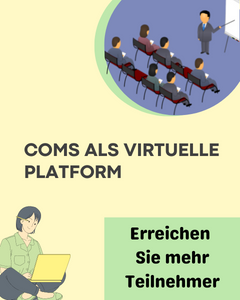Konferenzen > Physik > Messtechnik > Australien
Wählen Sie ein Land aus
Australien (1) Brasilien (2) Deutschland (3) Großbritannien (2) Italien (2) Japan (1) Kanada (1) Malaysia (1) Polen (1) Puerto Rico (1) Taiwan (1) Vereinigte Arabische Emirate (2) Vereinigte Staaten (6) Virtuelle Veranstaltung (3) Österreich (1)
Australien
1
ISPRS Technical Commission IV — Spatial Information to Empower the Metaverse
22. Okt 2024 - 25. Okt 2024 • Fremantle, Perth, Australien
Eintrags-ID:
1620640
Conference-Service.com stellt der Öffentlichkeit ein Kalendarium wichtiger Konferenzen, Symposien und sonstiger Tagungen im wissenschaftlich-technischen Bereich zur Verfügung. Obwohl das Verzeichnis mit großer Sorgfalt zusammengestellt und ständig aktualisiert wird, weisen wir auf die Möglichkeit von Fehlern ausdrücklich hin. Bitte vergewissern Sie sich immer beim Veranstalter, bevor Sie über die Teilnahme oder Nichtteilnahme an einer Konferenz entscheiden.
Kein Tracking | Keine Pop-ups | Keine Animationen
Stand vom 1. Juni 2024



